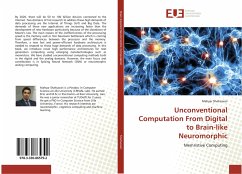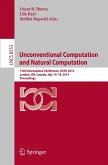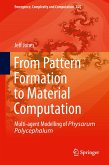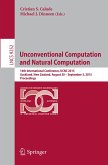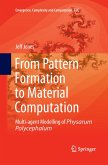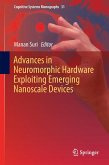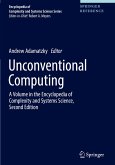By 2020, there will be 50 to 100 billion devices connected to the Internet. Two domains of hot research to address these high demands of data processing are the Internet of Things (IoT) and Big Data. The demands of these new applications are increasing faster than the development of new hardware particularly because of the slowdown of Moore's law. The main reason of the ineffectiveness of the processing speed is the memory wall or Von Neumann bottleneck which is coming from speed differences between the processor and the memory. Therefore, a new fast and power-efficient hardware architecture is needed to respond to those huge demands of data processing. In this book, we introduce novel high performance architectures for next generation computing using emerging nanotechnologies such as memristors. We have studied unconventional computing methods both in the digital and the analog domains. However, the main focus and contribution is in Spiking Neural Network (SNN) or neuromorphic analog computing.
Bitte wählen Sie Ihr Anliegen aus.
Rechnungen
Retourenschein anfordern
Bestellstatus
Storno

